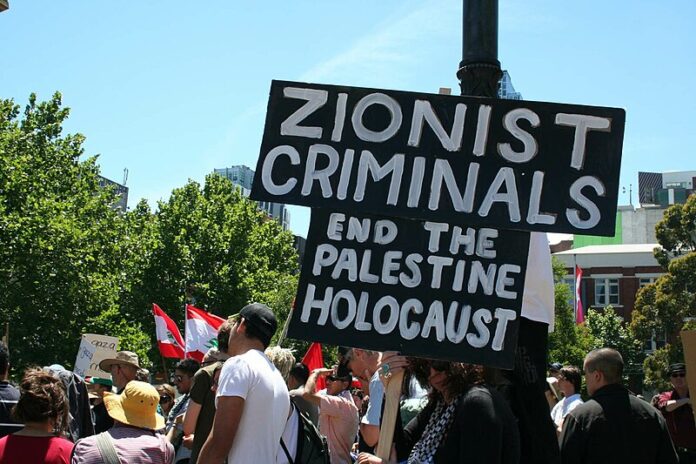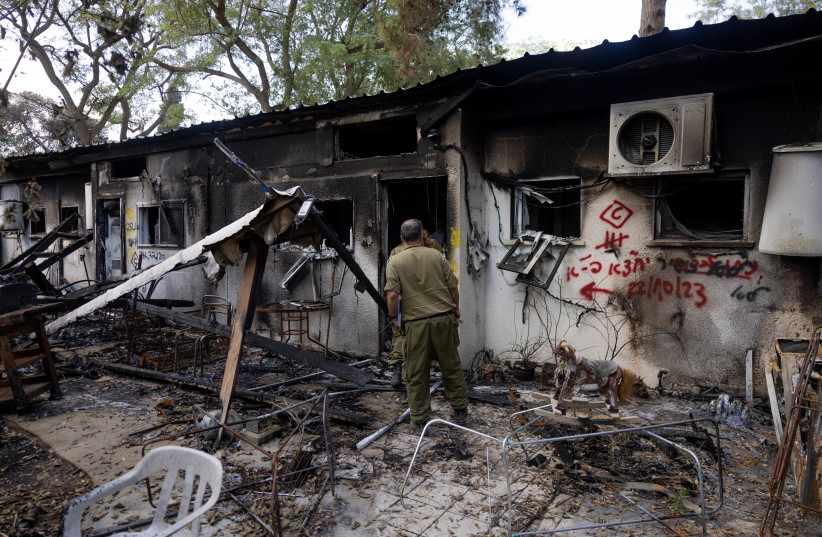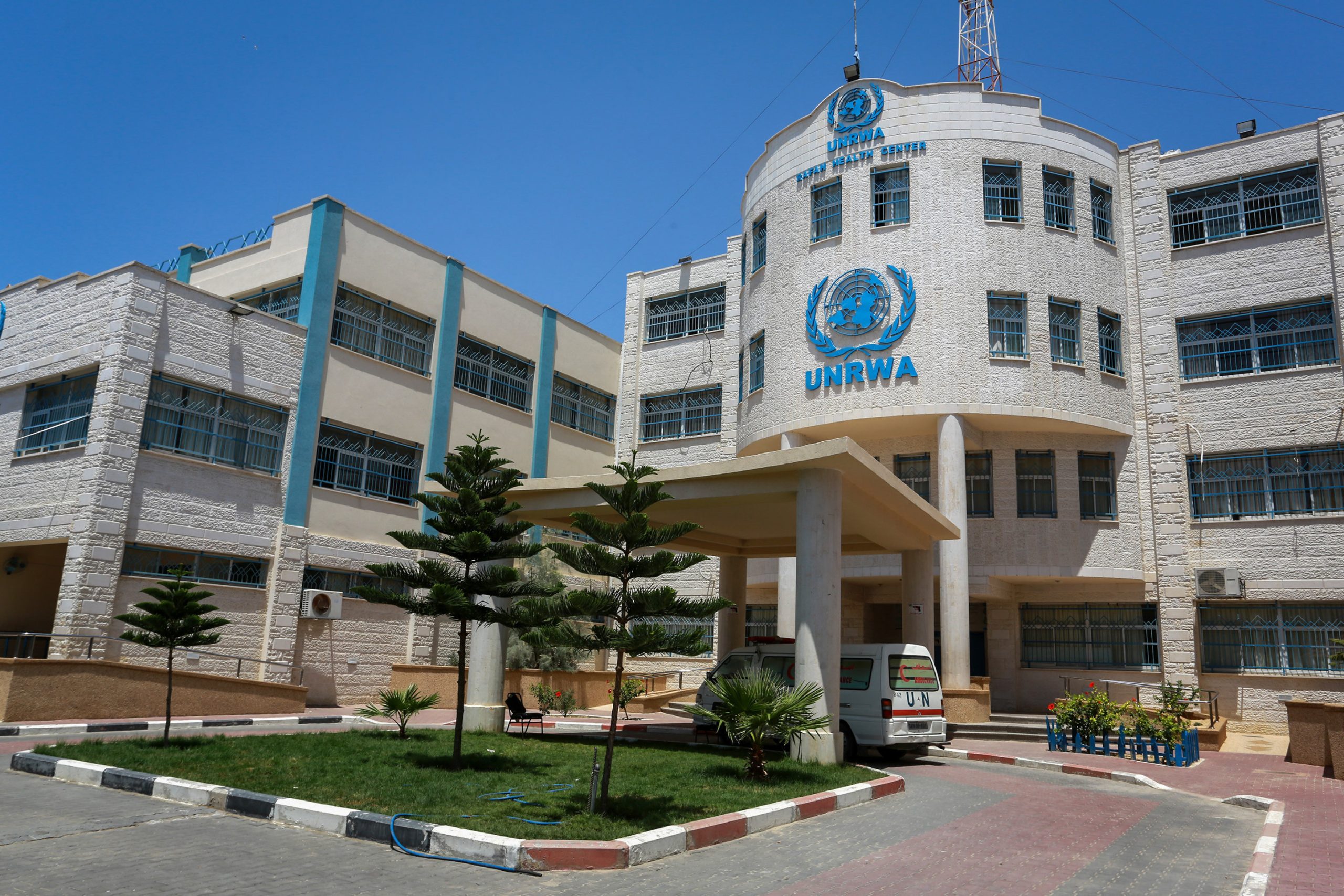The debate, amendment and passing of the NDP motion on Palestine on March 18 was a perfect representation of the current state of discourse on the Israeli-Palestinian conflict in Canada today: chaotic, toxic, reactive and polarized; grounded in disinformation and misrepresentations; and performative rather than productive.
From a procedural standpoint, the motion made a mockery of the parliamentary process. After hours of polarized debate, it was amended significantly. These amendments were presented with mere minutes to spare, leading to parliamentarians raising concerns about the lack of debate on the substantially changed motion. Notably, the amendments were initially tabled without any French translation, characterizing the chaotic and ad-hoc nature of the process.
The substance of the debate was similarly flawed. Members of Parliament speaking in favour of the motion consistently relied on statistics provided by the Gaza Health Ministry — an arm of Hamas, a listed terrorist group in Canada. Even the text of the motion itself relies on these flawed statistics. Sadly, this is emblematic of the preponderance of disinformation and misrepresentations in current Canadian discussions on Israel and the Palestinian territories.
The ultimate result — the adoption of a watered-down motion that served primarily to inflame sectarian tensions and incentivize the anti-democratic behaviours of a domestic mob — is representative of Canada’s unproductive, performative and harmful approach to this issue.
It is clear that Canada needs a new framework for the Israeli-Palestinian conflict — one that is coherent, principled, fact-based and characterized by long-term strategic thinking; one that promotes both coexistence in Canada and peace in the Middle East.
This new framework should encompass four dimensions: (1) it must be informed by, and anchored in, the global context; (2) it must contribute to a new regional reality; (3) it must centre on justice and accountability in Israel and the Palestinian territories; and (4) it must involve responsible leadership here at home.
The first dimension is necessary because the global context plays a substantial role in shaping the conflict and our perceptions of it. We are in the midst of a new global struggle between liberal democracies and authoritarian regimes that are seeking to undermine liberal democracies and dismantle the rules-based international order.
The new authoritarian “axis of evil” — led by Iran, Russia and China — is using the Israeli-Palestinian conflict as a powerful tool to further their destabilizing agenda. They are spreading Hamas propaganda and disinformation, co-opting international institutions, weaponizing international law and directly funding, arming and supporting Hamas and other terrorist groups.
This facilitates their efforts to weaken and divide liberal democracies, undermine international norms and distract the West from their ongoing crimes — including the Russian invasion of Ukraine, the Uyghur genocide in China and the horrific repression of Iranian women.
This authoritarian destabilization campaign is aided by pervasive, systemic, global antisemitism, which has been used by autocrats to further their repressive ends for centuries. Antisemitism is responsible for Israel being held to higher levels of scrutiny than any other country, and enables hatred of, and lies about, Israel to spread with unparalleled ease. Canada’s new policy framework on the Israeli-Palestinian conflict must both account for, and actively counter, these harmful global factors.
The second dimension is that discourse and policy on Israel and the Palestinian territories must both acknowledge and support the new regional reality in the Middle East. The Abraham Accords provide new opportunities for working towards peace. Canada should encourage these new and potential allies to play a key role in regional peace-building.
As part of this, Arab countries must take greater responsibility for supporting and aiding the Palestinian people, rather than simply criticizing Israel. They should provide funding, humanitarian aid and other forms of assistance to Gaza and the West Bank. Arab countries should also be held accountable for their cynical treatment of Palestinians within their own countries, keeping them stateless and dispossessed as a political tool against Israel.
Crucially, Canada must also work with its regional partners to counter the malign influence of Iran and its proxies — the greatest enemies of peace in the Middle East — which are currently instigating a multi-front war against Israel, an asymmetrical dynamic that is noticeably absent from Canadian discourse.
The third dimension is the most important: ensuring justice and accountability for actors on the ground in Israel and the Palestinian territories. The status quo — for international institutions, governments, the media, human rights organizations and grassroots activists — is to hold Israel to an inequitably high threshold of accountability, while allowing the Palestinian leadership to shirk accountability altogether.
While it is true that democracies can be expected to demonstrate greater adherence to international laws and norms, it is an inversion of justice to impose stringent accountability on the lesser rule-breaker, and minimal accountability on the greater rule-breaker. Basic principles of fundamental justice demand the precise opposite — graver crimes and more persistent rule-breaking must result in greater sanctions and more accountability.
In addition to being unjust, the status quo creates perverse incentive structures that facilitate a continuous cycle of hatred and violence. Although, like any other state, Israel must be held accountable for any violations of international law, it is demonized and attacked no matter what it does, which contributes to its threat perception and domestic support for leaders who are obstacles to peace.
Hamas is able to garner global sympathy no matter how abhorrent its crimes, thus enabling its continued criminality, which culminated in the heinous mass atrocities of Oct. 7. Furthermore, Hamas is incentivized to ensure maximum Palestinian casualties and suffering, because it knows that all the blame will be placed on Israel.
This informs and emboldens Hamas’s comprehensive strategy of using its own citizens as human shields, including by placing its headquarters, weapons arsenals and rocket launchers under hospitals, next to mosques and in schools.
To bring justice and accountability, Canada must dedicate vastly more resources and energy towards holding Hamas, other Palestinian terrorist groups and the Palestinian Authority accountable for their contraventions of international law, their role in the continuation and deepening of the conflict, and their repression of their own citizens.
For Hamas, this requires more than lip-service condemnations. It requires pressure to be put on its allies in Qatar, Iran, South Africa and elsewhere; the mobilization of international legal mechanisms to put Hamas, rather than Israel, in the docket of the accused; and combating the spread of Hamas propaganda and disinformation on social media and in the mainstream media.
For the Palestinian Authority, accountability means refusing to accept its continued corruption and refusing to ignore the fact that its leader is in the 19th year of his four-year term and frequently engages in antisemitic incitement and Holocaust denial.
Accountability means ensuring that terrorism is not incentivized through the PA’s infamous “pay-for-slay” program. Accountability means the media shining a light on how Hamas and the Palestinian Authority repress their own citizens. Accountability also means putting strict conditions on funding for organizations such as UNRWA, which was not only complicit in the Oct. 7 crimes against humanity, but has indoctrinated children with hate and helped to keep Palestinians stateless for decades.
The fourth and final dimension is that of responsible leadership here at home. Responsible leadership means actively combating hatred and incitement rather than merely condemning it. A simple way for policymakers, pundits, the media and activists alike to embody responsible leadership on this charged and complicated issue is by always “starting with the endpoint.”
Hopefully, Canadians broadly agree that the ideal endpoint is: (a) peaceful coexistence in Canada, characterized by lowering tensions, reducing hate and polarization, and bridging communities; and (b) peace in the Middle East, characterized by a two-state solution, with mutual acknowledgement of each other’s legitimacy — two democratic states for two peoples.
When making statements or taking policy actions, responsible leadership means stopping to consider whether those statements or actions will bring us closer to that endpoint, or move us further away from it. Divisive and polarizing motions, such as the NDP’s opposition motion, fail this test by creating greater rifts between Canadians and perpetuating the perverse incentives that feed the cycle of hatred and violence in the Middle East.
The NDP was right in one respect: now is the time to reconsider Canada’s existing policy framework on the Israeli-Palestinian conflict. We need a new framework, one that is focused both on peaceful coexistence in Canada and peace in the Middle East.
National Post
Irwin Cotler is the international chair of the Raoul Wallenberg Centre for Human Rights, a former minister of justice and attorney general of Canada, and has been involved in Israeli-Arab peace-building for almost 50 years. Noah Lew is special advisor to Cotler and a director of the Raoul Wallenberg Centre for Human Rights.
April 1, 2024
Attn: US Ambassador Jacob J. LewOur news agency and research center has been providing news & research concerning




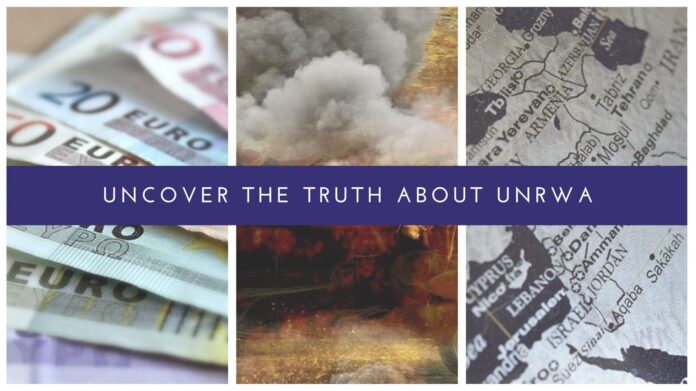
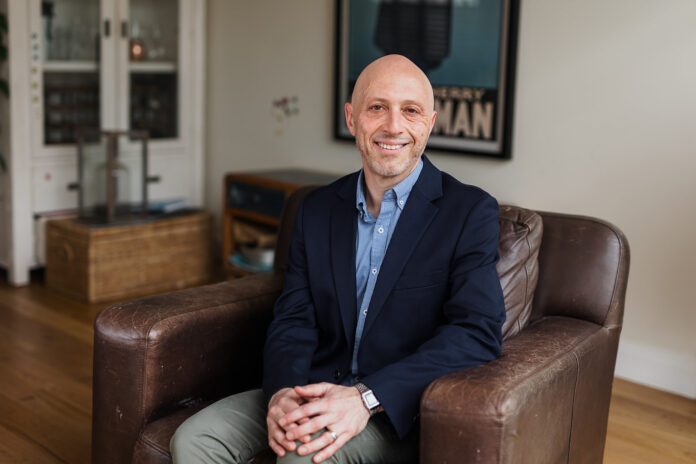

 2. Pauline Hanson – Good for the Jews?
2. Pauline Hanson – Good for the Jews? 
